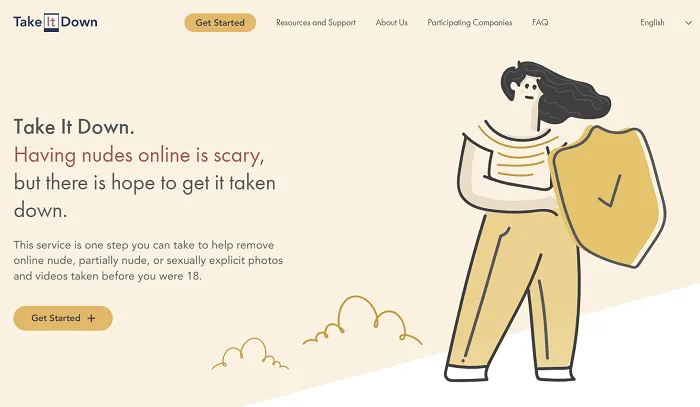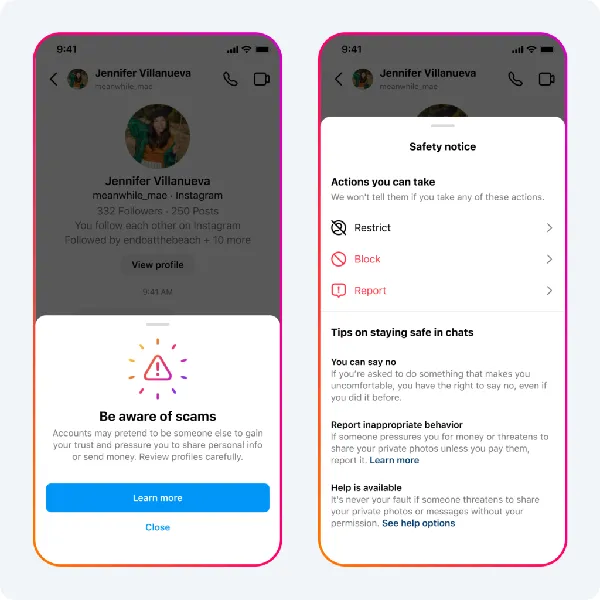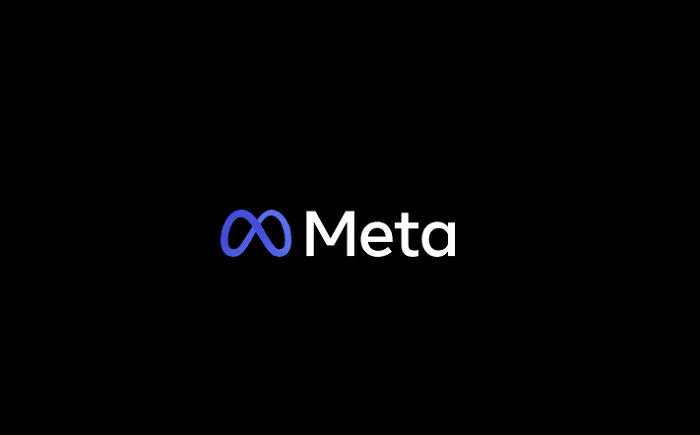Meta has announced some new protection updates for Safer Internet Day, including the expansion of its “Take it Down” program, helping users stop the spread of their intimate images online, a new guide to help teens avoid “sextortion”, and new resource prompts to assist users in need.
First off, Meta’s working with the National Center for Missing & Exploited Children (NCMEC) to expand its “Take it Down” initiative, which provides a simple, privacy-friendly way to address the spread of intimate images online.

Originally launched in February last year, Take it Down enables users to create digital signatures of their images, which can then be used to search for copies online.
As explained by Meta:
“People can go to TakeItDown.NCMEC.org and follow the instructions to submit a case that will proactively search for their intimate images on participating apps. Take It Down assigns a unique hash value – a numerical code – to their image or video privately and directly from their own device. Once they submit the hash to NCMEC, companies like ours can use those hashes to find any copies of the image, take them down and prevent the content from being posted on our apps in the future.”
Thus far, the option has been made available in English and Spanish, but now, Meta and NCMEC are expanding the program to many more countries and languages.
It could be a valuable tool in addressing instances of revenge porn, and the major trauma that can come with it. Limiting the harm of such can have a huge impact, and it’s good to see Meta expanding the program to more regions.
Meta has also partnered with Thorn on a new guide for teens on how they can avoid “sextortion” online.

“[The guide] provides teens with advice on how to take back control if someone is sextorting them. It also includes advice for parents and teachers on how to support their teens or students if they’re affected by these scams.”
It’s another area of critical concern, and providing more resources and expert guidance can only be of benefit.
Finally, Meta’s also adding some new safety notices and alerts to help users avoid potential scams in its apps.

As you can see in these examples, the updated prompts encourage users to report any account that threatens to share their private images, while also providing direct links to resources, like Take It Down, depending on the context.
These are good updates, which could have significant benefit, especially given the vulnerability of young users in such situations.
Which have become more commonplace. Whether it makes sense to adults or not, sharing intimate images is now an accepted way in which teens connect, and with that comes significant risk.
Which is why all social apps need to provide tools along similar lines, and Meta, right now, may have the most comprehensive toolset for this element.
You can learn more about Meta’s latest teen safety updates here.



